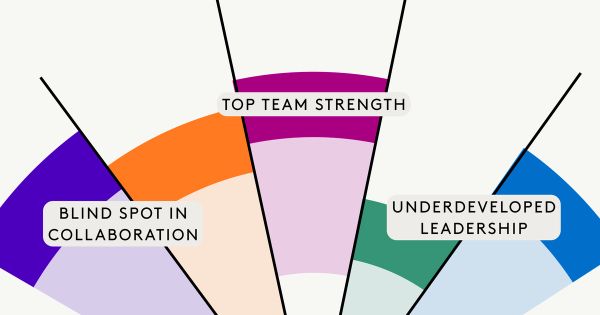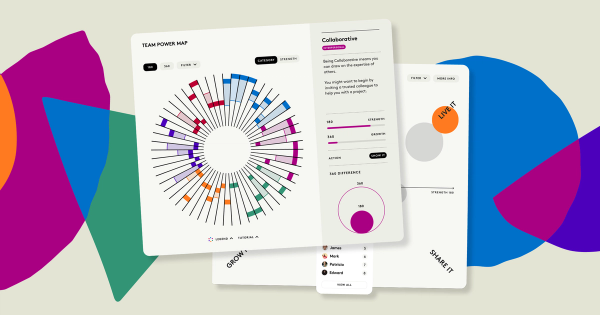Summer Break: A Guide for Graduates

Reflections for Professional and Personal Development During Summer Break
Summer break is more than just a pause from the grind, it’s a golden window for recent graduates to reflect, recharge, and reorient toward their professional and personal goals. As you transition from academia to the workforce, the quieter months of summer offer a unique opportunity to take stock of your skills, experiences, and aspirations. Reflective practice during this time can set the stage for meaningful growth, helping you build a strong foundation for your career. Here’s how to make the most of your summer break through intentional reflection, with practical strategies and insights to guide you.
Why Reflection Matters for Graduates
Reflection isn’t just navel-gazing; it’s a deliberate process that helps you make sense of your experiences and chart a path forward. According to The Muse (2023), reflective practice allows professionals to identify strengths, address weaknesses, and align their actions with long-term goals. For graduates, this is especially critical as you navigate the leap from student life to professional environments. By reflecting on your skills, experiences, and networks, you can gain clarity, boost confidence, and enhance your employability. As John Dewey, a pioneer in reflective practice, once said, “We do not learn from experience… we learn from reflecting on experience” (Dewey, 1933).
Key Areas for Reflection
1. Skill Development: Bridging the Gap Between Study and Work
Summer is the perfect time to take inventory of the skills you’ve honed during your studies, internships, or part-time jobs. Ask yourself: What technical or soft skills did I develop? How do these translate to the workplace? For instance, a group project might have sharpened your teamwork and communication skills, while a coding bootcamp could have built your technical expertise. Reflecting on how these skills apply to your target industry can help you articulate your value to employers. A 2022 Forbes article emphasizes that employers value graduates who can clearly connect their academic experiences to workplace needs.
Action Tip: Use a journal to list your top five skills and provide specific examples of how you’ve applied them. This exercise not only clarifies your strengths but also preps you for interviews and resume-building.
2. Experience Evaluation: Learning from the Past
Your academic and professional journey so far—whether it’s a triumphant internship or a challenging group project—holds valuable lessons. Reflective practice involves dissecting these experiences to uncover insights. What went well? What could have gone better? For example, a failed project might reveal resilience or problem-solving skills, while a successful presentation could highlight your public speaking strengths. According to Harvard Business Review (2021), reflecting on both successes and setbacks fosters resilience and adaptability, key traits for career success.
Action Tip: Write a “Lessons Learned” entry in your journal. Break it down into three columns: Experience, What Worked, and What I’d Do Differently. This structured approach can reveal patterns and growth opportunities.
3. Goal Setting: Charting Your Future
Summer offers a rare moment to pause and set intentional goals for your career. Using the SMART framework (Specific, Measurable, Achievable, Relevant, Time-bound), you can create clear, actionable objectives. A study from Psychology Today (2022) notes that setting specific goals increases motivation and accountability, helping you stay focused.
Action Tip: Draft three SMART goals for the next six months. Align them with your career aspirations, whether it’s landing a job in a specific field or mastering a new skill.
4. Networking: Building Your Professional Circle
Networking isn’t just about collecting LinkedIn connections—it’s about building relationships that support your growth. Reflect on the networking opportunities you’ve had, such as career fairs, alumni events, or informational interviews. How have these interactions shaped your understanding of your field? A 2023 LinkedIn report highlights that 85% of jobs are filled through networking, underscoring its importance for graduates.
Action Tip: Reach out to one new contact this summer—perhaps a professor, alumnus, or industry professional—and schedule a coffee chat or virtual meeting. Reflect afterward on what you learned and how you can nurture that connection.
Methods to Deepen Your Reflection
Reflection is most effective when it’s structured and consistent. Here are some practical methods to try during your summer break:
- Journaling: Writing down your thoughts helps you process experiences and spot patterns. Try prompts like, “What’s one skill I’m proud of, and how can I showcase it?” or “What challenge taught me the most this year?” MindTools (2024) suggests that journaling enhances self-awareness and decision-making.
- Group Discussions: Talking with peers or mentors can offer fresh perspectives. Organize a virtual meetup with classmates to discuss your career goals or challenges. Diverse viewpoints can spark new ideas and solutions.
- Peer Observations: Observe professionals in your field—whether through informational interviews, job shadowing, or online webinars. Reflect on their approaches and how you might adapt them. For example, watching a colleague’s presentation style might inspire you to refine your own.
- Mentorship: Seek feedback from a mentor, such as a former supervisor or professor. Their guidance can help you identify blind spots and set realistic goals. A 2023 Forbes article notes that mentorship boosts confidence and career clarity for young professionals.
- Regular Reflection Routines: Make reflection a habit by setting aside 10 minutes at the end of each day or week to review your progress. Ask: What did I learn today? How did I grow? This builds a mindset of lifelong learning.
- Connecting with Colleagues: Attend virtual or in-person professional development events, such as workshops or industry meetups. Reflect on how these interactions expand your network and knowledge. Eventbrite (2024) lists numerous summer events tailored for young professionals.
The Benefits of Reflective Practice
Reflective practice isn’t just introspective—it delivers tangible benefits:
- Improved Performance: By analyzing past experiences, you can make better decisions in future roles. A 2022 Journal of Applied Psychology study found that reflective professionals are 20% more likely to excel in problem-solving tasks.
- Enhanced Employability: Reflection helps you articulate your skills and experiences, making your resume and interviews more compelling. Employers value candidates who can demonstrate self-awareness and growth.
- Increased Confidence: Recognising your progress—whether mastering a skill or overcoming a challenge—boosts your self-assurance. As motivational speaker Zig Ziglar once said, “You don’t have to be great to start, but you have to start to be great.”
- Lifelong Learning: Reflection fosters a growth mindset, encouraging you to seek continuous improvement. This is crucial in today’s fast-evolving job market, where adaptability is key.
Making the Most of Your Summer
Summer break is a gift! A chance to pause, reflect, and prepare for the next chapter. By dedicating a small amount of time to evaluate your skills, experiences, and goals, you can enter the workforce with clarity and confidence. Start small: pick one reflective method, like journaling or a mentor conversation, and commit to it for a week. Then, build from there. As you reflect, you’ll not only grow as a professional but also as a person, ready to tackle the opportunities ahead.
If you want to try a tool that combines all of these methods into one thing, then Entelechy is for you. Try it for free here www.entelechy.academy (http://www.entelechy.academy/)
Start freeYou may also like

Entelechy vs Psychometrics: What’s Right for Your People Strategy?

